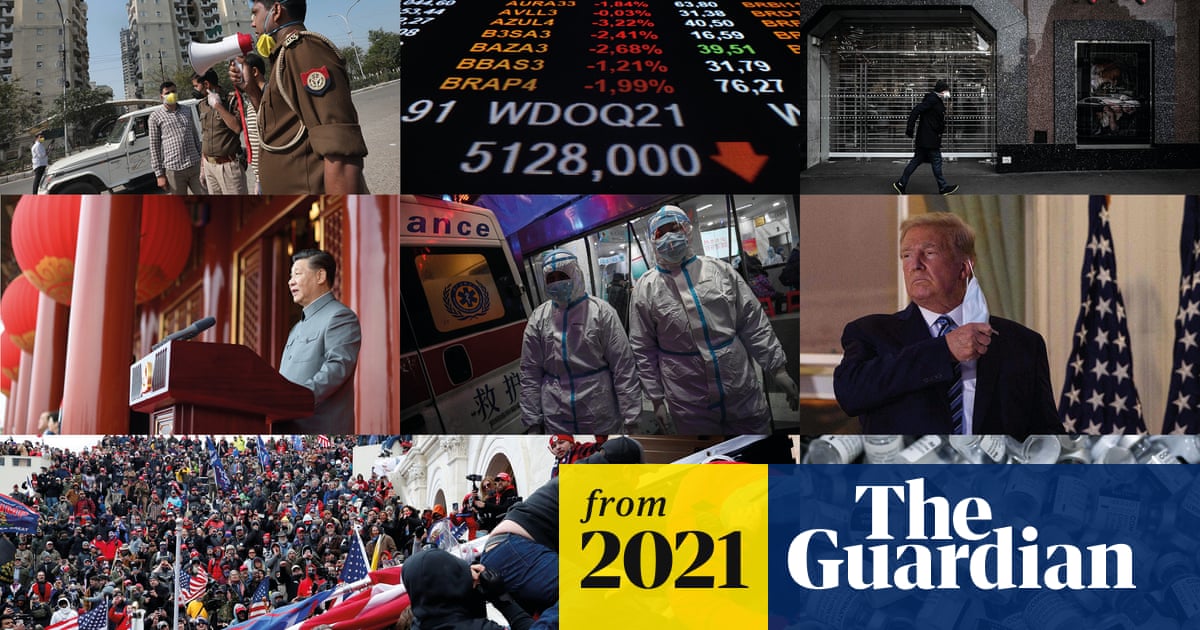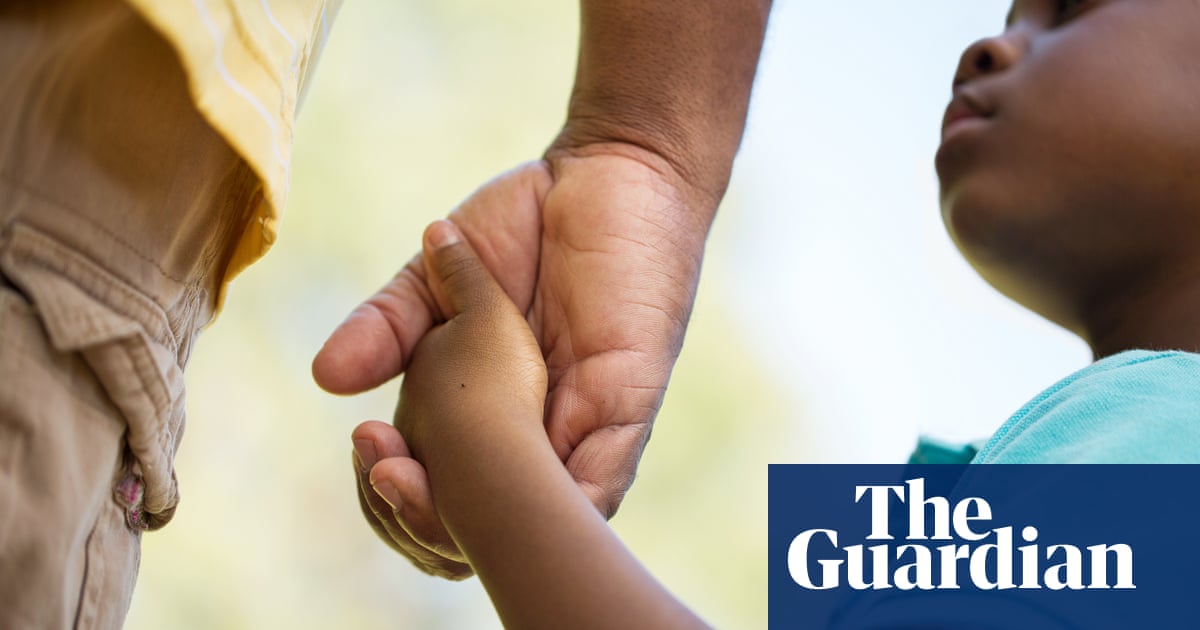We can’t build our way out of the environmental crisis | George Monbiot
Rule 1 is that the primary purpose of new infrastructure is to enrich the people who commission or build it.
Rule 4 is that in countries with high biodiversity, infrastructure is the major driver of habitat destruction.
Rule 8 is that environmental change cannot be delivered only by infrastructure. To be effective, it needs to be accompanied by social change: travelling less as well as travelling better, for example. We need to develop not only new railways and tramlines and wind farms and power lines, but a new way of life.
Rule 1 is that the primary purpose of new infrastructure is to enrich the people who commission or build it.
Rule 4 is that in countries with high biodiversity, infrastructure is the major driver of habitat destruction.
Rule 8 is that environmental change cannot be delivered only by infrastructure. To be effective, it needs to be accompanied by social change: travelling less as well as travelling better, for example. We need to develop not only new railways and tramlines and wind farms and power lines, but a new way of life.





/cloudfront-us-east-2.images.arcpublishing.com/reuters/H64MDBVXDBPN7IUO6QNBKQ7QEE.jpg)
/cloudfront-us-east-2.images.arcpublishing.com/reuters/725F5WA35NLQJD3DZB6PJGWTRE.jpg)